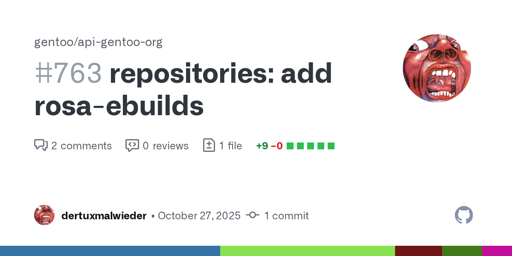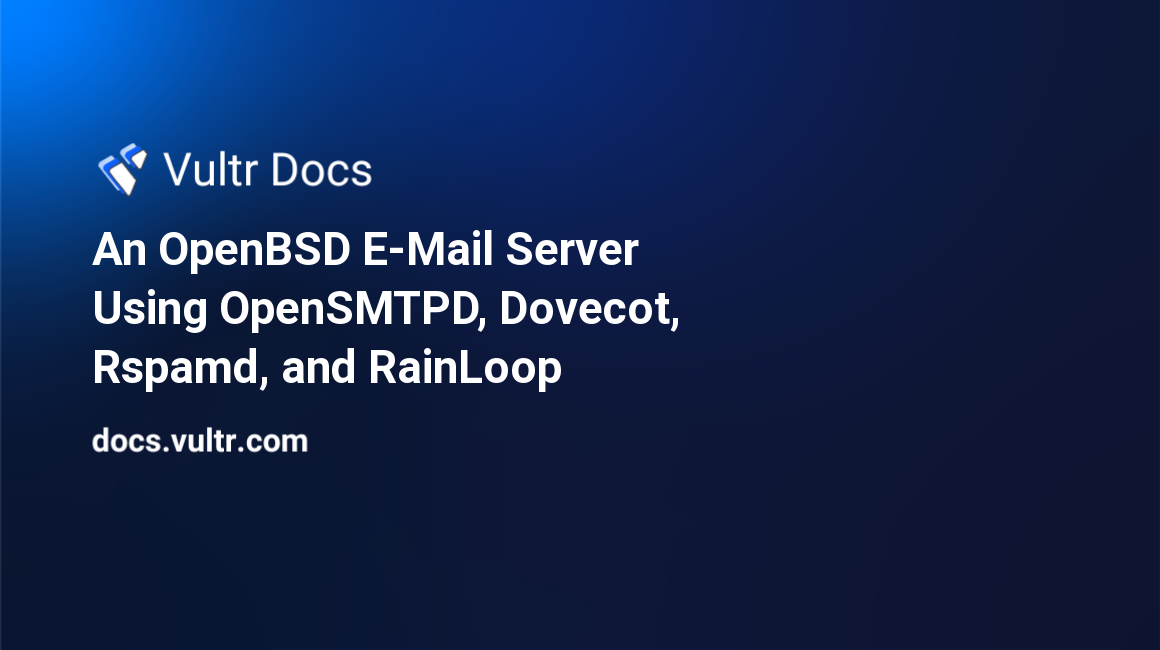rhabarba
Runterwählen ist kein Gegenargument.
[Verifying my cryptographic key: openpgp4fpr:941D456ED3A38A3B1DBEAB2BC8A2CCD4F1AE5C21]
- 12 Posts
- 257 Comments
I keep them in a Fossil repository (with a few private log-in data stored in a SyncThing folder instead) and I just
lnthem where I need them.

 5·22 days ago
5·22 days ago

 3·22 days ago
3·22 days agoGraphite is getting there
unique
Guix disagrees

 4·1 month ago
4·1 month agoI use it with OpenBSD’s relayd and I find it amazing how little maintenance it needs.
Solaris (“illumos”) is not proprietary anymore. Actually, it is the only free SysV UNIX in the world.
“Nobody”. I see. Please try to leave your bubble every now and then. There are quite a few people (including me) who still need those systems, and it is rather disappointing to see that they are left behind without a good reason.
But if you are happy with X, stick with it.
There is no Wayland on some of the systems I use.
It does have a relation. KDE worked just well on most Unices for decades. “Going all-in” on Wayland means that they’ll drop support for all operating systems except Linuces and FreeBSD. There are two explanations for that:
- They don’t care about (most of) Unix.
- They actively despise (most of) Unix.
I’m not quite sure where you’re misunderstanding me here. Care to elaborate?
X11 is already perfect as it is. Everything left was fixed in the X11Rx releases.
My brother in arms, given Linux’s desktop market share (which is where KDE is used), Linux is the also-ran in your list. For the point I have made, however, market share is not really relevant. Unices don’t stop becoming Unix just because of how many people use them.
Linux is not UNIX. And X isn’t part of POSIX.
Please refrain from replying to things I haven’t said. None of your points invalidate mine.
Meanwhile, most Unices don’t even have Wayland.
“KDE: We hate Unix.”

 2·1 month ago
2·1 month agoI’m proud that Linux at all that it is gaining more usage than it has before than where it had been 15+ years ago and earlier.
Why? What do you gain from that?






bash isn’t standard on most systems.